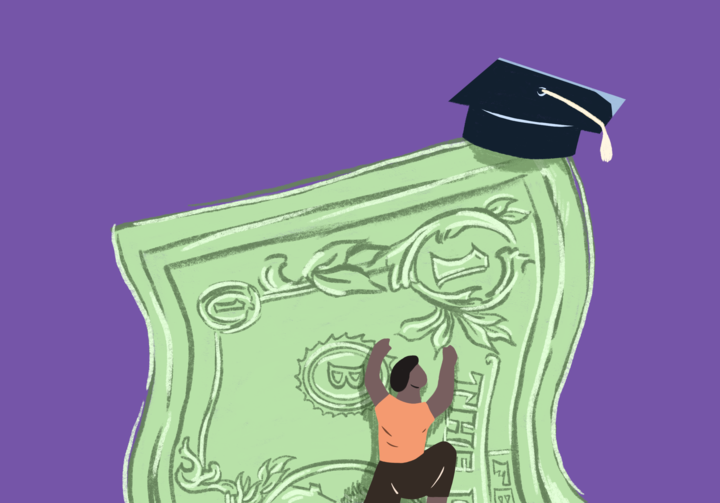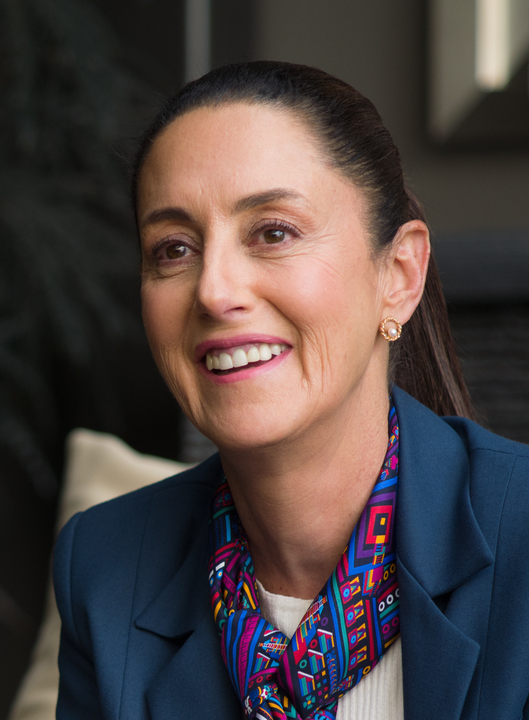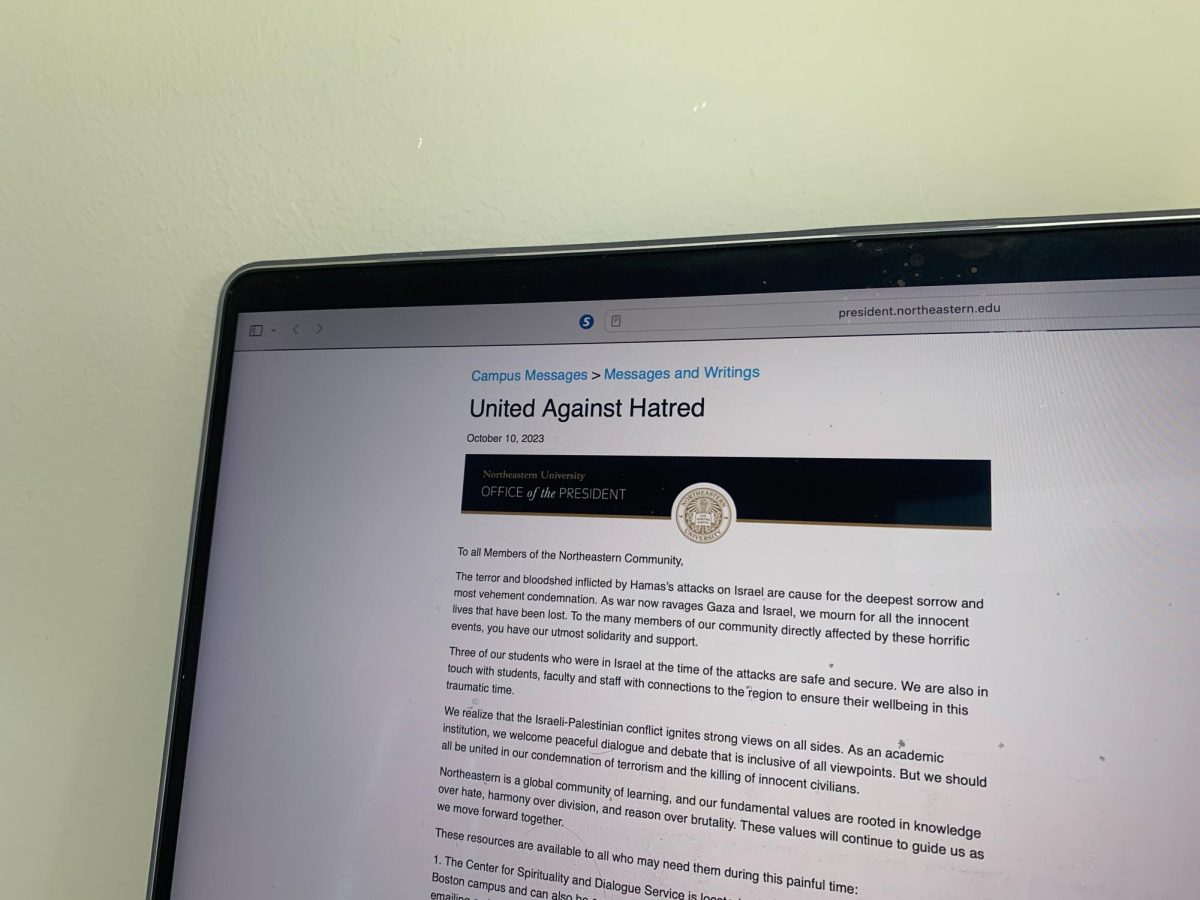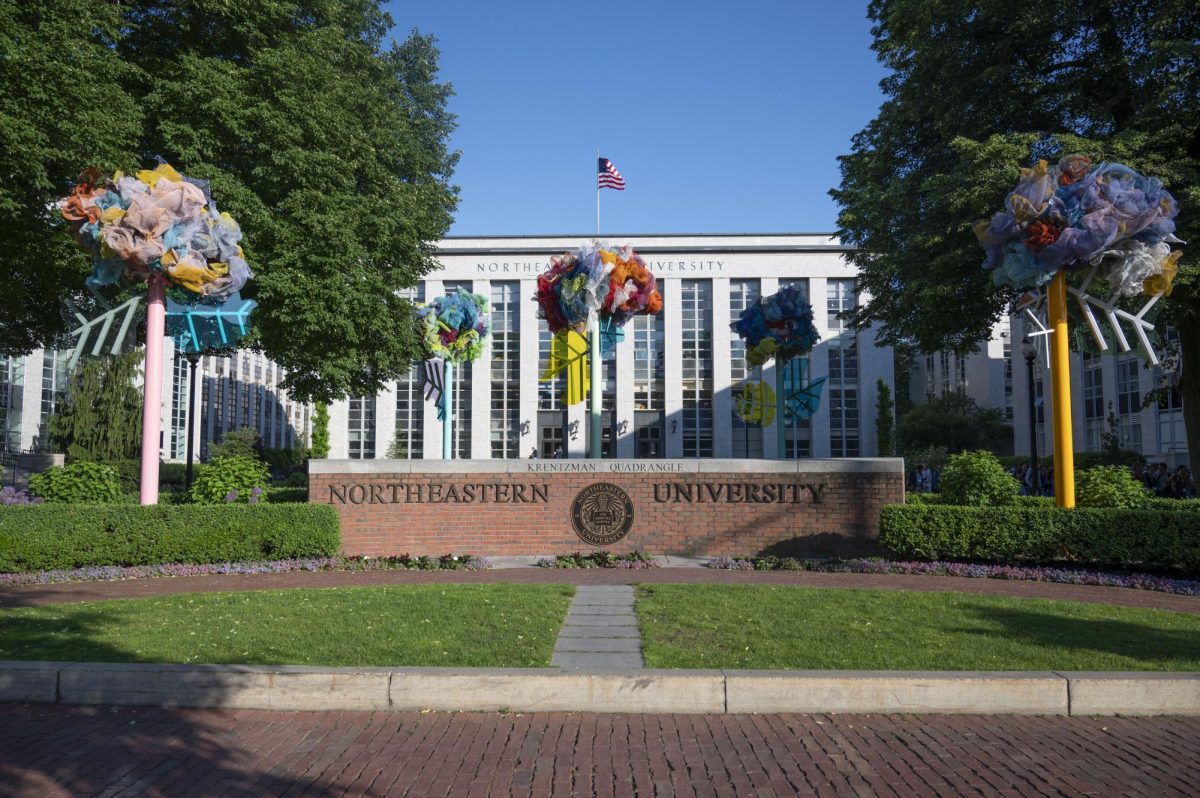You might believe that today’s inflation rates are high, but in comparison, college expenses have increased even more dramatically. In the United States, the current student loan borrowing system has led many college students to resort to monumental loans, leaving them under pressure to figure out how to repay these debts in a timely manner. This burden is reflected in the total student debt in the United States. By the end of 2022, the total student debt of university students in the United States had accumulated to more than $1.6 trillion.
In exploring low-income students’ lives at Northeastern, The News previously reported that students had to work multiple jobs to sustain their living on campus. A critical issue highlighted in the article is students’ lack of financial literacy, especially evident when they navigate complex scholarship applications like the Free Application for Federal Student Aid, or FAFSA, form. Even with the given financial aid resources available on Northeastern’s website, there remains a need for thorough financial education to help students from diverse backgrounds increase their understanding of how to deal with money. This education includes, but is not limited to, understanding eligibility — informing students if they are eligible to take advantage of the resources provided by the university and what the application process looks like.
Northeastern has been actively giving out financial aid and will continue doing so this year. Although the university has resources in financial aid and work opportunities for students, there is a lack of attention on financial literacy education by the school. One of the few pieces of information available online is about a financial literacy workshop taught by an alum in 2018. This gap in financial literacy education at Northeastern leads to an important question: Does the university truly value all aspects of student success?
If the university cares about its students’ success, why neglect such a crucial aspect of their education? Having adequate knowledge of personal finance is extremely valuable for students. In a survey conducted in 2021, it was revealed that about one-third of Americans have “too much debt.” This statistic underscores the broader issue of financial literacy among Americans, highlighting the need for universities to address this gap in education. The urgency of the need for financial education is showcased by the research of Carly Urban, an economics professor at Montana State University, which entails that “high school financial instruction ‘overwhelmingly’ improves credit scores.”
Charlie Bergman at St. John’s College in Santa Fe, New Mexico, has extensive experience as a financial instructor and was set to lead a group of about 20 St. John’s freshmen in an eight-week program that covers the fundamentals of financial literacy. On the other hand, Northeastern’s practice of offering finance-related courses primarily through its business school effectively excludes students from other fields of study. This raises an important issue: Regardless of major, students should have access to essential life skills. The need for financial literacy goes beyond academic majors because they will all have to face personal and professional financial decisions.
Several universities in Massachusetts have adopted successful models for financial literacy education, which Northeastern could consider implementing to benefit its entire student body. These proven strategies could provide valuable insights to Northeastern’s current strategy. How
have other institutions successfully integrated these crucial life skills into their curriculums?
At University of Massachusetts Boston, up to 100 participants get to enroll in a free money experience financial education course, tackling everything from the basics of budgeting to the complexities of taxes and retirement. The primary goal of courses like this is its benefit to students and ensures their accessibility to all resources.
Northeastern’s commitment to student success through its competency-based curriculum that is designed to assess students’ future success, regardless of their chosen field of study, is named NUpath. Why not apply this existing framework to promote financial literacy? Northeastern should be adding one-credit financial literacy courses similar to the introductory major courses r and co-op development courses, which are free of charge. This strategy would not only open up access to essential financial knowledge but also serve as a valuable resource for all students, whether they receive financial aid or pay full tuition.
Of course, the implementation of new courses into the existing curriculum will be difficult and take effort. Students will have to adjust their schedules or postpone their graduation term without disturbing their primary academic focus. Merely offering an introductory financial literacy course might only get them through school — real-world financial complexities are more than handling financial aid and managing daily expense budgets..
However, while difficult, it is possible to make the course topics more far-reaching, and one example of this is Babson College. The Babson Financial Literacy Project aims to educate college students, high schoolers, nonprofits and companies through interactive workshops that work on specifics from managing credits to buying and leasing a car. That’s the kind of comprehensive, real-world approach we need.
Tim Zhao is a third-year political science and international affairs combined major. He can be reached at [email protected].














